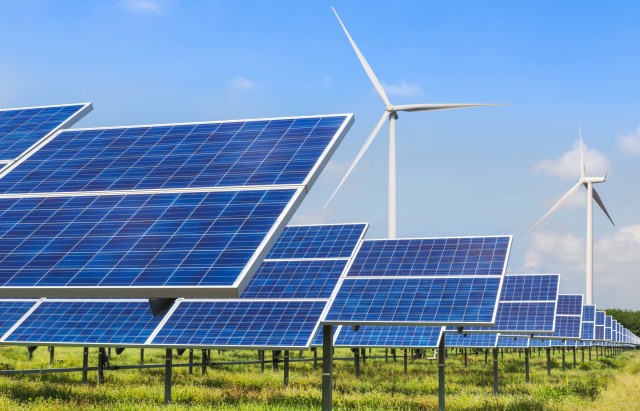Clean energy investment in emerging and developing economies needs to increase by more than seven times – from less than 150 billion last year to over $1 trillion by 2030 — to achieve net-zero emissions by 2050, according to IEA report.
Clean energy investment in emerging and developing economies declined by 8 percent to less than USD 150 billion in 2020, with only a slight rebound expected in 2021.
Energy-related carbon dioxide emissions – which are mostly in Asia, Africa and Latin America – are set to grow by 5 billion tons over the next two decades.
“In many emerging and developing economies, emissions are heading upwards while clean energy investments are faltering, creating a dangerous fault line in global efforts to reach climate and sustainable energy goals,’’ said Fatih Birol, the IEA Executive Director.
Recent trends in clean energy spending point to a widening gap between advanced economies and the developing world even though emissions reductions are far more cost-effective in the latter. Emerging and developing economies currently account for two-thirds of the world’s population, but only one-fifth of global investment in clean energy, and one-tenth of global financial wealth.
Annual investments across all parts of the energy sector in emerging and developing markets have fallen by around 20 percent since 2016, and they face debt and equity costs that are up to seven times higher than in the United States or Europe.
Avoiding a tonne of CO2 emissions in emerging and developing economies costs about half as much on average as in advanced economies, according to the report. That is partly because developing economies can often jump straight to cleaner and more efficient technologies without having to phase out or refit polluting energy projects that are already underway.
“The broader financial sector can and must play a key role in achieving the goals of the Paris Agreement by mobilizing capital for green and low-carbon investments, while managing climate risks. The World Bank will continue to support countries that seek assistance to transition away from fossil fuels and scale up low-carbon, renewable energy, and energy efficiency investments,” said Demetrios Papathanasiou, the World Bank Global Director for Energy and Extractives.
“The need to scale clean energy in emerging economies offers a massive investment opportunity. This report shows that current challenges to get this capital to the right places can be overcome through a combination of smart policies, financial innovation, as well as bold collective action, said Borge Brende, President of the World Economic Forum.

